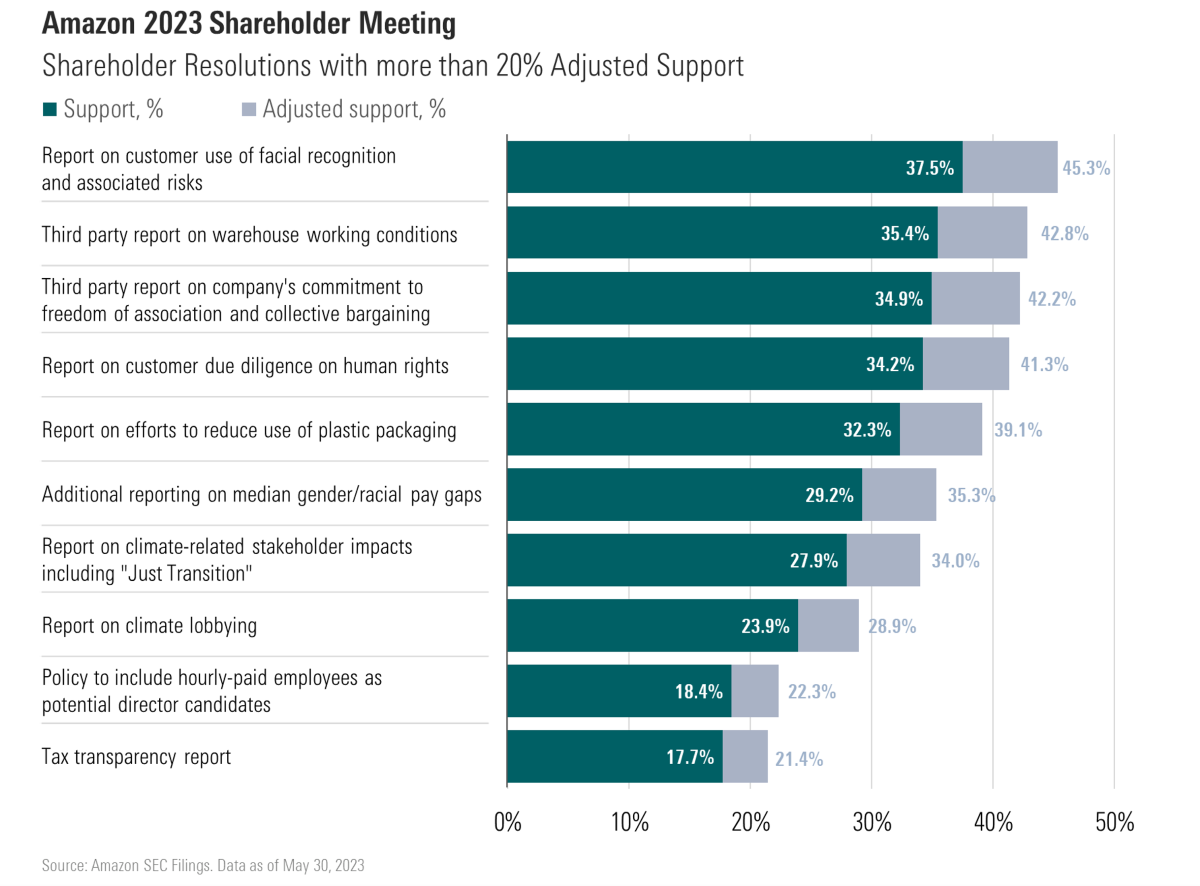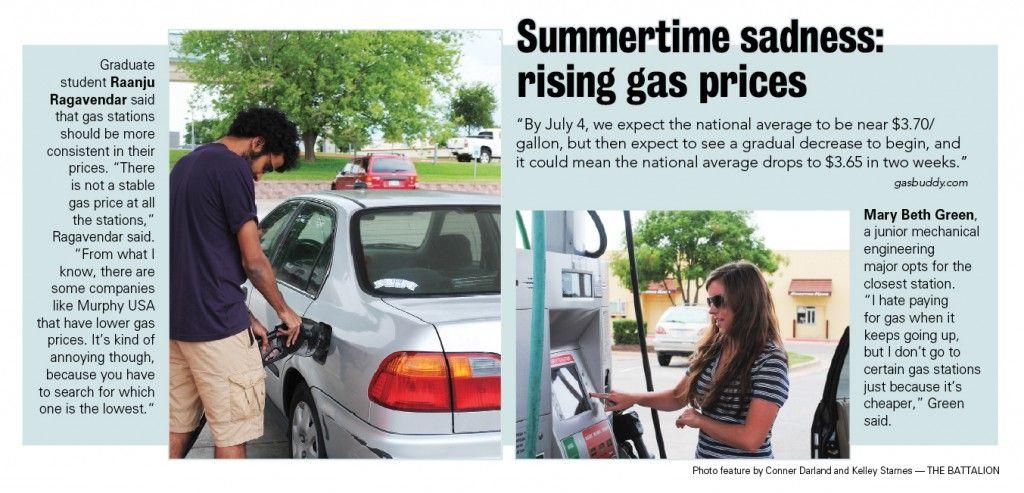The Thames Water Bonus Scandal: Examining Executive Pay Practices

Table of Contents
The Details of the Thames Water Bonus Scandal
The Thames Water bonus scandal centers around substantial bonus payments awarded to senior executives despite a backdrop of significant operational failures and environmental breaches. The exact figures remain somewhat opaque, however, reports suggest millions of pounds in bonuses were distributed. This occurred while the company faced widespread criticism for sewage spills, water shortages, and allegations of inadequate investment in infrastructure.
- Specific amounts of bonuses paid: While precise figures haven't been publicly released, leaked information suggests substantial sums were awarded to a select group of executives. This lack of transparency itself fuels public anger.
- Key executives who received bonuses: The identities of all recipients haven't been fully disclosed, leading to further calls for transparency and accountability. However, media reports have named several high-ranking executives.
- Thames Water's performance metrics cited in justifying the bonuses: The company attempted to justify the bonuses based on certain financial performance indicators, arguing that these metrics were met despite the operational shortcomings. However, this justification has been widely criticized as ignoring the environmental and social responsibilities of the company.
- Significant environmental incidents or operational failures: These include numerous reported sewage spills, instances of water scarcity impacting customers, and failures to meet regulatory standards regarding wastewater treatment. These incidents directly contradict the narrative of successful performance used to justify the bonuses.
- Public perception and media coverage of the bonus payments: The public reaction has been overwhelmingly negative, with widespread condemnation in the media, social media, and public protests. This negative coverage has severely damaged Thames Water's reputation.
Justification (or Lack Thereof) for Executive Bonuses
Thames Water’s attempts to justify the bonus payouts have been met with significant skepticism. The company claimed that performance metrics, largely focused on financial targets, were achieved. However, critics argue that these metrics failed to account for the significant environmental damage and operational failures. The disconnect between financial performance and public service delivery is at the heart of the controversy.
- Arguments presented by Thames Water's leadership: The company argued that bonuses were tied to pre-agreed performance targets. This defense, however, ignores the broader context of environmental responsibility and public trust.
- Analysis of the performance metrics used: Experts have questioned the appropriateness and relevance of the metrics used, arguing they prioritized short-term financial gains over long-term sustainability and public service. The focus on financial metrics, rather than environmental and social impact metrics, is seen as a major flaw.
- Comparison with bonus structures in similar companies: Comparisons with other water companies and similar publicly-owned utilities highlight the exceptional nature of the Thames Water executive compensation packages. This comparison underlines the disproportionate nature of the bonuses paid compared to company performance, and the performance of other water companies.
- Potential conflicts of interest: Concerns have been raised about potential conflicts of interest in the setting and awarding of these bonuses, given the lack of transparency and the disconnect between performance metrics and broader social responsibilities.
Public Reaction and Political Pressure
The Thames Water bonus scandal sparked a significant public backlash, with widespread condemnation across various platforms and levels of government. This reaction highlights the growing public awareness of corporate social responsibility and the demand for accountability from large utility companies.
- Examples of public protests and online campaigns: Numerous online petitions, social media campaigns, and even public protests have been organized to express public anger and demand changes in executive compensation practices.
- Statements from political figures and regulatory bodies: High-profile politicians have openly criticized the bonuses, calling for investigations and regulatory reforms. Regulatory bodies have also expressed concerns and initiated inquiries.
- Public opinion polls reflecting attitudes towards executive pay: Polls consistently reveal significant public disapproval of executive pay in the water industry, especially when contrasted against poor service delivery and environmental damage.
- Impact on Thames Water's reputation: The scandal has caused substantial damage to Thames Water's reputation, severely impacting public trust and potentially affecting the company's long-term sustainability.
Implications for Corporate Governance and Regulatory Reform
The Thames Water scandal has significant implications for corporate governance and regulatory reform within the UK. It highlights the need for increased transparency and accountability in executive compensation, especially in industries providing essential public services.
- Calls for increased transparency in executive compensation: The scandal has spurred calls for greater transparency in the setting and awarding of executive bonuses, demanding public disclosure of all details.
- Proposals for stricter regulations on executive bonuses: There are proposals for stricter regulations on executive bonuses, potentially linking compensation more directly to environmental performance and customer satisfaction.
- The role of Ofwat (the water regulator) in addressing the issue: Ofwat's response and future actions will be crucial in determining the long-term implications of the scandal and shaping future regulatory practices.
- Potential legal challenges and investigations: The scandal may lead to legal challenges and investigations into potential breaches of corporate governance regulations and conflicts of interest.
Conclusion
The Thames Water bonus scandal highlights a critical disconnect between executive compensation and corporate performance, particularly when considering environmental responsibility and public service obligations. The public outcry and political pressure underscore the need for greater transparency and stricter regulation of executive pay in the water industry and beyond. This incident serves as a cautionary tale, demanding a serious reassessment of corporate governance practices.
Call to Action: Understanding the intricacies of the Thames Water executive pay scandal is crucial for advocating for fair and responsible corporate governance. Continue to stay informed about developments in the ongoing investigation and demand accountability from water companies regarding their executive compensation practices. Let's work together to ensure that future executive pay structures reflect genuine performance and prioritize public interest over private gain. #ThamesWater #ExecutivePay #CorporateGovernance

Featured Posts
-
 Bidens Health Details On Last Prostate Cancer Screening In 2014
May 22, 2025
Bidens Health Details On Last Prostate Cancer Screening In 2014
May 22, 2025 -
 The High Profile Ceo Couple A Love Story Turned Scandal
May 22, 2025
The High Profile Ceo Couple A Love Story Turned Scandal
May 22, 2025 -
 Rapid Growth Coheres Ai Business Booms
May 22, 2025
Rapid Growth Coheres Ai Business Booms
May 22, 2025 -
 Chi Zagrozhuye Ukrayini Vidmova Vid Nato Analiz Politichnikh Rizikiv
May 22, 2025
Chi Zagrozhuye Ukrayini Vidmova Vid Nato Analiz Politichnikh Rizikiv
May 22, 2025 -
 Rising Gas Prices Impact Mid Hudson Valley Drivers
May 22, 2025
Rising Gas Prices Impact Mid Hudson Valley Drivers
May 22, 2025
